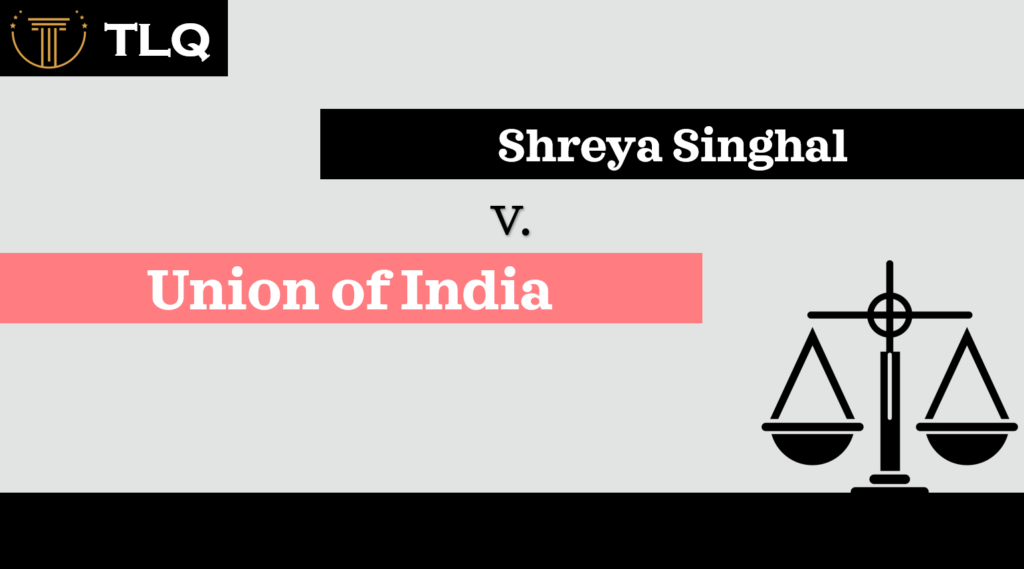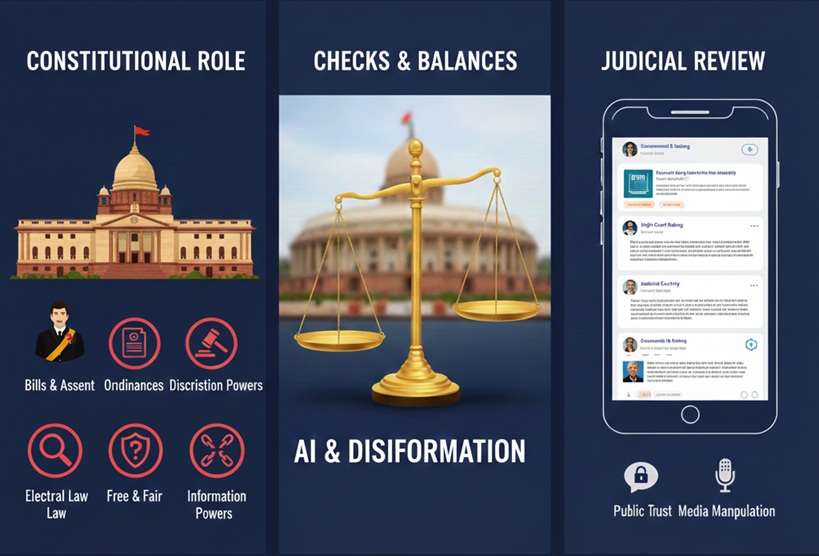Published on: 5th November 2024
Authored by: Rewan Omar Othman Mohammed
Faculty Of Law, Alexandria University
Preamble:
In today’s world, the advancement of Information and Communication Technology (ICT) has significantly impacted various fields of the modern society. As a result of the existence of “ICT”, massive improvements were concluded in education, healthcare, trade, business, and government systems.
The direction of conducting crimes in communities and societies has changed from offline to online crimes; the latter is called “Cybercrimes”.
Broadly, Cybercrimes will be the matter of discussion in this article. Specifically, it would be discussed; How does the Federal legal system combat towards the challenges of the online fraudulent acts in United Arab Emirates?
Historical Background of Cybercrime
Contrary to the notion that cybercrime is a modern concept and a recent criminal activity, it is noteworthy that the earliest known cybercrime dates to 1843, well before the invention of the internet. This incident involved a group of individuals in France who stole financial market information by accessing the telegraph system. The Financial Market information encompasses details related to stock prices and merchants’ trade summaries, among other elements. Hence, the concept of “illegally accessing information” occurred since the past centuries, despite the creation of the recent term “Cybercrime”.
Definition of “Cybercrime”
When it comes to defining cybercrimes, there are various academically inclined meanings and definitions, both internationally and locally. However, in this topic, cybercrimes will be defined from a more practical perspective.
If an enhanced quality of life is modelled through a mathematical equation, its variables would include Time, Technology (ICT), and Cybercrimes. It can be deduced that as time progresses and technology evolves, there is a consequent rise in the rate of cybercrimes. This indicates a direct correlation between technological progress and the prevalence of cybercrimes.
The term “cyber-attack” generally refers to any unauthorized act of accessing a user’s information without their implicit or explicit consent. This user could be an individual, a company system, an entity, or a government. Additionally, Cyber-attacks are mainly affecting financial integrity, reputation, and other factors are considered cybercrimes.
In conclusion, a cybercrime involves the attack on users’ information to achieve specific outcomes. These outcomes vary depending on the motives of the fraudster, spammer, or the individual accused of committing the cybercrime. Also, Cyber-crimes are classified into four categories; Crimes that targets Persons, Properties, organisation and the most harmful cybercrimes that targets society which includes cyber terrorism.
Regulating Cybercrimes with accordance to UAE Enactments
United Arab Emirates is one of the leading states in the GCC region which significantly improved its legal system, legal provisions, enactments and statues to cope the huge developments of the society. UAE continues to modify and amend its’ regulations to facilitate the lifecycle in every aspect in the country. Hence, UAE’s Legal system comprises dual nature; Civil law system and common law system, the latter is applied to the matters heard before the DIFC courts and ADGM courts.
With specific to the criminal law as a branch of the public law. the Emirati legislator has modified the criminal code to align with the international standards and to re-assure all fairness and justice among citizens, expatriates and visitors.
- Introduction to Cybercrimes in UAE:
As a result of the digital transformation in the UAE, the state has witnessed numerous cyberattacks, according to an article published by Gulf News. It is estimated that the country encounters more than 50,000 cyberattacks per day, particularly targeting the banking and financial sectors.
One of the most common incidents involves fraudsters contacting customers by phone, convincing them they are officials from the police or other governmental entities. They then ask for sensitive information, such as banking account numbers and OTPs (One-Time Passwords) sent via SMS messages. Although it might seem superficial to provide such secure information to a random person, many scammers use intimidating tones and coercive tactics, especially targeting those who are new to the country.
From a practical standpoint, nearly all transactions in the United Arab Emirates are conducted online. For instance, opening a bank account, applying for a marriage certificate, or requesting equivalency all require digital processing. To carry out these transactions, every citizen, resident, and visitor must have access to a digital authenticator that includes personal identifiers such as the Emirates Identification number, mobile number, and email address. Due to data selling crimes, fraudsters may obtain a user’s mobile number. When a user applies for or logs into a specific entity, an authentication request is sent to the user, who, if unaware, might confirm these requests. This confirmation can facilitate a fraud attempt.
- How the Emirati Legislator combated the online fraudulent Acts
To achieve optimal cybersecurity, the United Arab Emirates has implemented strategic measures to address the challenges associated with digital transformation. Several federal laws work in conjunction with the Penal Code to address specific criminal activities or issues. For example, Federal Law No. (5) of 2012 on Combating Cybercrimes focuses on crimes involving information technology, such as hacking, online fraud, and data breaches. Additionally, Federal Decree-Law No. (34) of 2021 targets the countering of rumours and cybercrimes.
- Federal Decree-Law No. (34) of 2021 targets the countering of rumours and cybercrimes
This code comprises two sections; First Section One: Crimes Against Information Technology and Section two; Section Two: Procedural and Final Provisions. The law aims to enhance protection against online crimes involving information technology, networks, and platforms. It seeks to secure UAE government websites and databases, counter the spread of misinformation and fake news, protect against electronic fraud, and uphold privacy and personal rights.
Beside the enhanced rules and regulations, UAE federal government applied online applications to facilitate the detection of the authorized harmful and spiteful links and websites and ensure the cybersecurity. This app is called “RZAM”.
Finally, United Arab Emirates government opened the all-help lines for reporting E-crimes and assist users who have felt a victim for the fraudulent acts. These services are available 24 hours.
The motives behind the cyber criminals’ acts
As previously mentioned, the United Arab Emirates follows a civil law system, including specific provisions in public law to maintain public order. Cybercrimes are treated as criminal offenses under Emirati law, like other crimes, due to their inclusion of both material and non-material elements. The materialistic element encompasses (Act or Omission), while the non-materialistic element (Intention and conscious).
The fraudulent act in the cybercrime represents the first element, while the motive represents the second nonmaterialistic element of it.
The motives are so hard to be determined, but they may differ from one fraudster to another, by spotting the light on several committed acts, these motives are:
- Monetary Benefit: It is one of the common motives to most of the fraudsters in order to have financial outcomes.
- Concealment of Identity: For instance, Anonymous online profiles: Creating fake accounts or pseudonyms. IP address masking: Using tools like VPNs or proxies to hide one’s real IP address. Encryption: Employing cryptographic methods to secure communications and data. Fake credentials: Using fabricated personal information or documents. The goal of concealment of identity is often to evade detection, avoid accountability, or protect oneself from retaliation or legal consequences.
- Political Activism through Hacking: use of hacking techniques as a means to achieve political objectives or promote political causes. This form of activism, often associated with “hacktivism”.
- Psychological Motives: In certain instances, psychological factors like antisocial tendencies, addiction, or a deficit in empathy may motivate individuals to participate in cybercrime.
International Cybersecurity Measures (Global Security Index)
The Global Security Index is a report produced by the International Security Services (ISS), which provides assessments and rankings related to global security issues. It is a trustworthy source known for reputation, Methodology and accuracy.
According to the Global Security Index, focuses on strengthening legal, organizational, and technical strategies to combat cybercrime within communities.
Indeed, United Nations’ member states continue to debate the establishment of an international convention to ensure cybersecurity. A key point of contention is whether cybercrimes should be regarded as a threat to human rights.
Conclusion
In brief, while offline crimes such as murder, theft, and domestic abuse remain significant, cybercrimes pose a growing threat to societies worldwide. As we look to the future, it is crucial for all nations to educate and raise awareness among their citizens about the necessary security measures everyone should adopt.
The article under discussion is highly informative, and I encourage all readers to review the extensive material provided by the United Nations Office on Drugs and Crime (UNODC), offering intensive study on the cybercrimes.
References
- Arctic Wolf, ‘A Decade of Cybercrime’ (Arctic Wolf, 16 August 2023) https://arcticwolf.com/resources/blog/decade-of-cybercrime/.
- CyberTalents, ‘What is Cyber Crime: Types, Examples, and Prevention’ (CyberTalents, 18 August 2023) https://cybertalents.com/blog/what-is-cyber-crime-types-examples-and-prevention
- Ogier, ‘An Overview of the DIFC and ADGM’ (Ogier, 2024) https://www.ogier.com/news-and-insights/insights/an-overview-of-the-difc-and-adgm/
- UAE Government, ‘Cyber Safety and Digital Security’ (UAE Government, 2024) https://u.ae/en/information-and-services/justice-safety-and-the-law/cyber-safety-and-digital-security
- Digital Dubai, ‘Dubai Electronic Security Center Upgrades RZAM Cybersecurity App to Strengthen Digital Security Standards in Dubai’ (Digital Dubai, 27 August 2024) https://www.digitaldubai.ae/newsroom/news/dubai-electronic-security-center-upgrades-rzam-cybersecurity-app-to-strengthen-digital-security-standards-in-dubai
- Loughtec, ‘Exploring the Motives Behind Cybercrime’ (Loughtec, 2024) https://loughtec.com/exploring-the-motives-behind-cybercrime/#:~:text=Cybercriminals%20may%20seek%20revenge%20against,damage%20reputation%2C%20or%20disrupt%20operations
- International Telecommunication Union, ‘Global Cybersecurity Index’ (International Telecommunication Union, 2024) https://www.itu.int/en/ITU-D/Cybersecurity/Pages/global-cybersecurity-index.aspx
- Chatham House, Isabella Wilkinson. ‘What is the UN Cybercrime Treaty and Why Does it Matter?’ (Chatham House, August 2023) https://www.chathamhouse.org/2023/08/what-un-cybercrime-treaty-and-why-does-it-matter
- United Nations Office on Drugs and Crime, Cybercrime Study (UNODC, 2021) https://www.unodc.org/documents/organized-crime/cybercrime/CYBERCRIME_STUDY_210213.pdf




